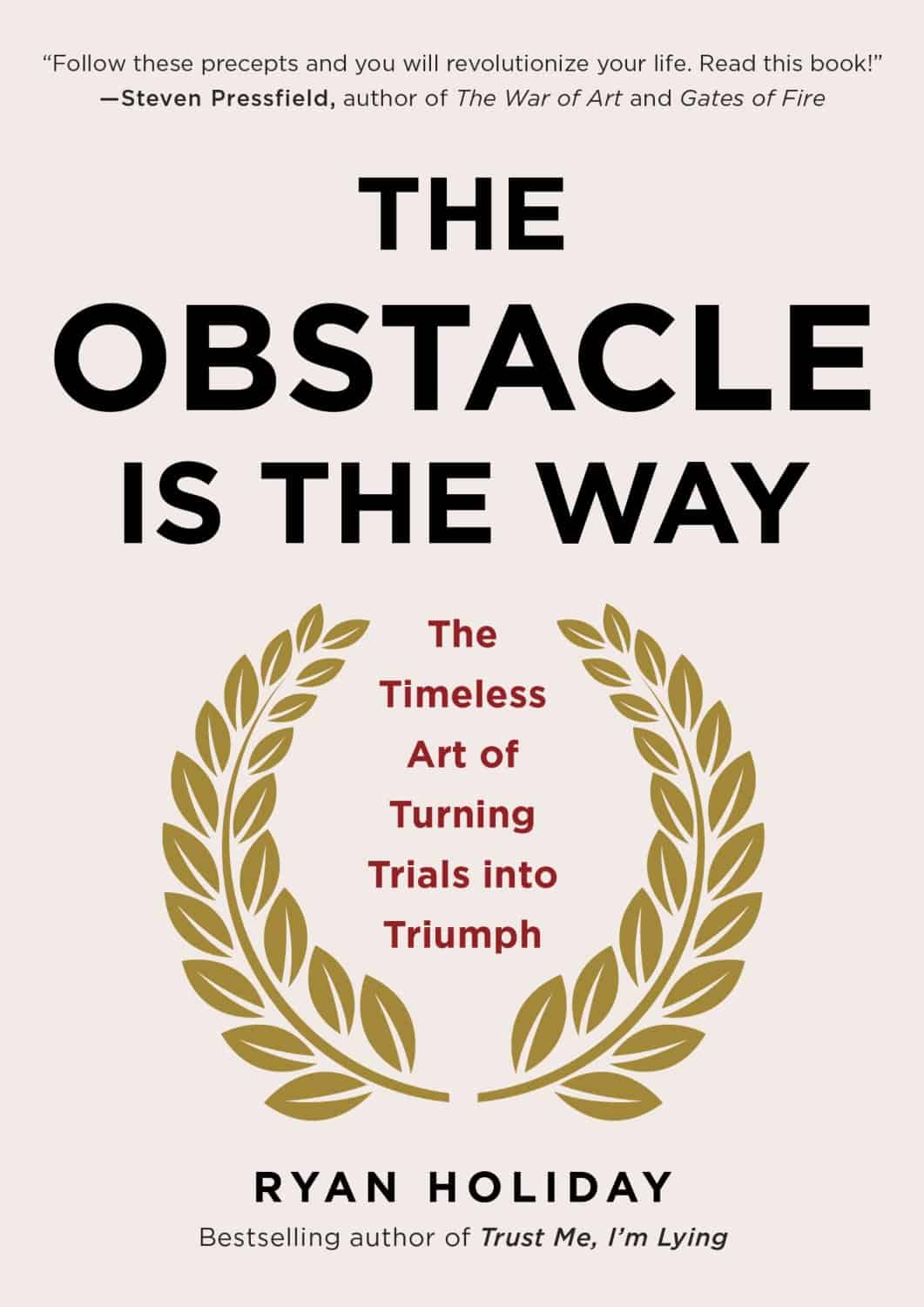“The impediment to action advances action. What stands in the way becomes the way.” — Marcus Aurelius
Years ago, during the height of my Tim Ferriss fanboyism, I read an interview that Tim did with BoingBoing on what Tim called his “personal operating system.” Tim was talking about Stoicism (I’ll elaborate in a bit here), and like everything he did, I just had to see what he was talking about.
During the interview he recommended that people interested in Stoicism pick up a copy of Seneca: Letters From A Stoic, and so I did. This was shortly before I left for a lengthy adventure in Egypt and Jordan, which gave me plenty of time to read this on my Kindle while I was moving from place to place.
Wikipedia describes stoic philosophy as: “… a school of Hellenistic philosophy founded in Athens by Zeno of Citium in the early 3rd century BC. The Stoics taught that destructive emotions resulted from errors in judgment, and that a sage, or person of “moral and intellectual perfection”, would not suffer such emotions”
What that basically means is that Stoics do their best to avoid getting upset by things they can’t control, and instead focus on what they can control: themselves. Misfortunes are considered learning experiences, and a way for one to strengthen the mind. At least, that’s the idea. But while reading Seneca, what I quickly realized was that, though much of the philosophies resonated with me, they seemed to be buried beneath a thick layer of what I can only describe as… pretension. In retrospect, I blame a lot of this on the translation.
Years Later…
After trudging through Letters From a Stoic – and subsequently Meditation by Marcus Aurelius – I deleted the books and largely forgot about Stoic philosophy. It wasn’t until years later when I read Anti-Fragile by Nassim Taleb that I gave it another thought, and eventually ended up reading Ryan Holiday’s latest book, The Obstacle Is the Way: The Timeless Art of Turning Trials into Triumph.
Phew, finally… let’s review this sucker.
Let me start by saying that if you have even one iota of interest in Stoic philosophy, or think that you might, then this is the place to start. If you start with the classics, I believe there’s a good chance you’ll put them down and never pick them back up again. Depending on the translation, they can be dry… oh so very dry.
Ryan Holiday’s interpretation of Stoic philosophy is contemporary and completely practical. From start to finish, I didn’t find any useless material. Even the examples, a sore spot in many self-proclaimed “self help” books, were excellent, applicable, and actually inspiring. Describing them would take away from the experience, so let’s just say that I have a new-found respect for many people, even John McCain.
Stoicism really is an “operating system” to run one’s life, and for me, Ryan Holiday was the person to finally make the ideas accessible. As with every book I read, I took notes after every chapter, and I believe that the insight I gained reading the book will truly benefit me for the rest of my life. As an example, turning things I MUST do into what I GET to do was a huge shift in thinking for me. Even rock climbing, an activity I quite enjoy, was always a “must do”, and thus a burden.
Another one of my favorites, and something to be applied for any entrepreneur, is to not worry about the right way to do something, and instead do what works. Let that sink in for a while.
I could go on and on, but instead I suggest picking up a copy and reading the damn thing yourself. Stop getting stuck, and start turning obstacles into opportunities.
If you have any questions or comments, leave me a message using the comment form below!

